![]() The Other City Series 2010-2011 brings up the topic of new appearing challenges for urban space design in 3 different European cities and discusses possible approaches. The design of our cities is one of the biggest and most pressing fields of activities, particularly for the young and European orientated architecture generation.
The Other City Series 2010-2011 brings up the topic of new appearing challenges for urban space design in 3 different European cities and discusses possible approaches. The design of our cities is one of the biggest and most pressing fields of activities, particularly for the young and European orientated architecture generation.
Which creative architecture practices should be followed in order to react purposeful to the new social, economic, ecological, cultural and political situation in Europe? Changing traditional basic conditions lead to a considerable transformation within urban development processes in Europe and as a consequence, they also affect the role and field of architecture. Out of it, a multitude of new aims and challenges arise:
- New cross-border co-operations also request alternative planning practices – How do they look like?
- In which ways can architects or urban planners working on a European level, influence a equitable and ‘social’ city? Is this approach even possible?
- Which structures can form answers for a sustainable European urban development?
Approach
The choice of the first 3 cities for the project space series ‘The Other City’ is following the overall concept of the participation and extension of the growing wonderland network. With the support of local wonderland teams workshops, round tables and lectures will be held in the selected cities of Venice, Budapest and Vienna.
At the same time the exchange of experiences and different point of views concerning similar urban situations, social structures and political conditions in other European countries, should build a base for discussions and a series of events in the years 2010 and 2011. A critical examination and the development of new urban strategies should not only involve architects and urban planners, but also occupants, regional non-governmental organisations, private investors and local politicians.
Implementation
The project space series ‘The Other City’ can be seen as a laboratory developing ideas, testing experimental strategies, implementing new methods, discussing alternative planning instruments and presenting future-orientated solutions and visions.
In the year 2010 the project spaces will take place in the cities Budapest, Venice and Vienna and in 2011 project spaces will take place in Cluj, Paris and Kaiserlautern. Each project space will be held on several days, consisting of the following activities:
Lecture: Open lectures by wonderland teams and experts from the field of architecture, urban planning, design, arts, administration, politics and other relevant areas.
Workshop: Creative workshops of several days duration about concrete urban situations and planning areas in order to develop new strategies, involving local occupants and regional institutions.
Round Table: Open discussion and space to exchange experiences from all participants.
Documentation and presentation: As a summary of each project space small handbooks, that document the results and the developed ideas, should be compiled.
CALL FOR IDEAS 2011
React to new challenges for urban space design of Cluj, Paris – Saint-Denis and Kaiserslautern!
2011 the Project Spaces are continuing to follow the idea to find sustainable and social development strategies in on-site workshops, lectures and open discussions which can lead to new practices in new effective cross-border co-operation in Europe.
Send us your idea referring to one Project Space topic in form of one significant image and a short written description (max. 2.000 characters) per e-mail (competition[at]wonderland.cx).
A jury formed by wonderland board members and co-operation partners will select the 3 most interesting ideas for each Project Space. The winners will be supported with an adequate travel contribution, their workshop results will be published and they will get the opportunity to become wonderland member for the upcoming two years for free.
Deadline of submission: 26th of June 2011
Cluj / Ro – VACANCY / Aug 2011
Create visions for the former industrial area of Clu.
The shift from an industrially productive society to a service based model in modern Europe has had many implications for the use of buildings. Old industrial buildings and spaces lost their functionality and as a result a history was forgotten or erased. Instead of working with the heritage of Europe’s industrial age, enormous areas were unused, left to decay. The Project Space Cluj is searching for unique and adequate approaches for the revitalisation of vacant zones in the city.
Co-operation partners: AREA3, Frank Gassner
Download
Paris – Saint-Denis / Fr – SOCIAL COHERENCE / Aug 2011
Find new strategies to foster a better social coherence in the banlieue of Paris.
Social coherence is one of the vitally urgent issue of our cities. Parisian suburbs, more specifi cally those with high migrant rates and/or high unemployed teen rates, have a host of social problems which need to be dealt with. Driven by prejudice, portions of the French society exacerbate the problem by alienating them and causing them to be segregated from public life. The case study for this Project Space takes place in the underprivileged Quarter of Gare in Saint-Denis. This area is one of the most important development areas in the north-east Parisian Banlieue and is currently undergoing an enormous transformation process.
Co-operation partners: le 6b, collectif exyzt, cochenko
Download
Kaiserslautern / De – POST SHOPPING SHOPS / Sept 2011
Develop innovative soulutions for the deserted city center of Kaiserslautern.
Even though they change frequently, the showcases of our cities are both eye catchers and milestones. As the „face”, the shops have a function of attracting or distracting the viewer. Nowadays however, many peripheral parts of our modern cities seem to be diseased by vacant shops, trading-down-e‑fects and empty shopping streets. As the owners hope for new high paying renters, new shopping malls pop up around or in city centres, and ground fl oors of whole districts or even towns are threatened. As a result of the high mobilisation of the population and migration out of the cities, a sense of hollow emptiness has crept into the city centre.
Co-operation partner: MESS
Download


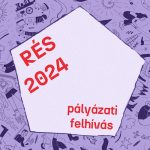
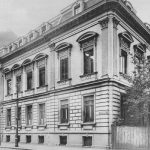





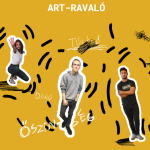


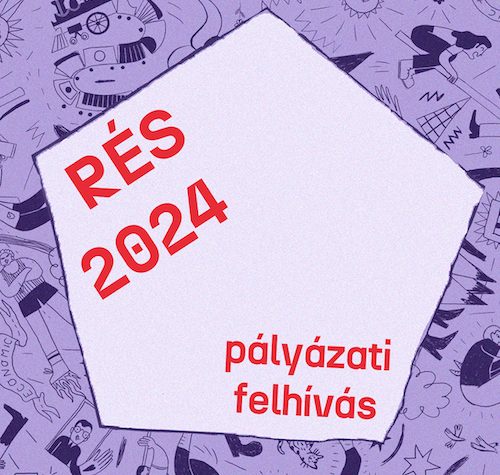
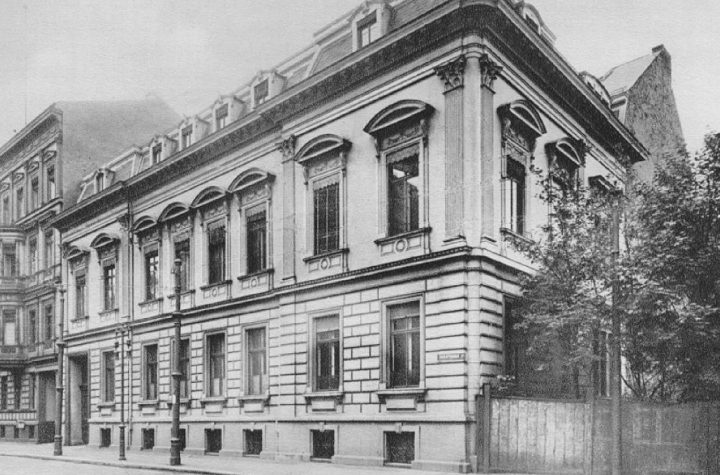

További cikkek a rovatban
Innovation Lab 2024 pályázat
Pályázat szabadúszó művészek, művészeti menedzserek, művészeti kollektívák és szervezetek támogatására
Kiállítási pályázat képzőművészek számára
Vásáry Tamás-ösztöndíj pályázat
ART-RAVALÓ pályázat művészeti projektben való részvételre
Ifjúsági Garancia Plusz program
A családi házak energetikai korszerűsítésére tervezett új otthonfelújítási program jelenleg látható részletei
Visa She’s Next program – pályázat a női vállalkozók támogatására
Művészcsere program Budapesten élő és alkotó kortárs művészek, kutatók és kurátorok számára – pályázat
Pályázat sportfotósok számára
Pályázat műemlék épületek állagmegóvására, helyreállítására és felújítására, valamint műemlékek elválaszthatatlan részét képező képzőművészeti alkotások restaurálásának támogatására
MMA Művészeti ösztöndíj
Bicikli- és rollerpályázat fiataloknak
Munkaerőhiány csökkentését célzó pályázat a szállítmányozás és a személyszállítás területén
V. Cinemira Gyerek- és Ifjúsági Film Pitch Fórum forgatókönyv pályázat
Éhes ökovárosok pályázat művészetvezérelt kísérletekre
Barbara Huber Kutatói Ösztöndíj
Pályázat a városi mezőgazdaság fellendítésére Európában és azon túl!
Szabó Dezső Művészeti Ösztöndíj
Pályázat a Balatonfüred – Csopaki Borvidék arculati elemeinek tervezésére
Kikeltető – pályázat zenei tehetségkutatón való részvételre
IMPETUS Accelerator Program – pályázat polgári tudományos projektek megvalósítására
In the Field kultúrális ösztöndíj pályázat
Budapest Nagyregény művészeti pályázat